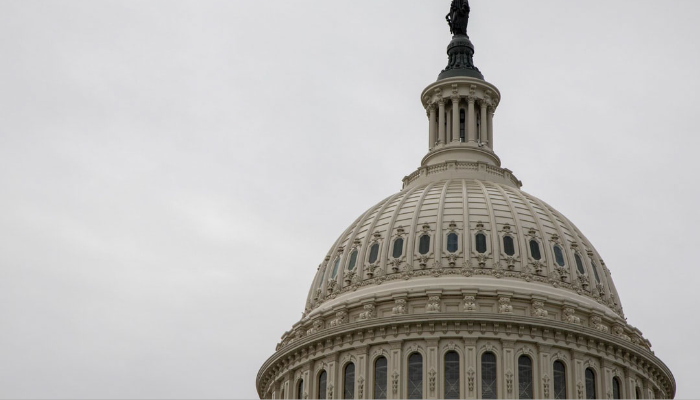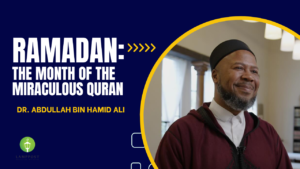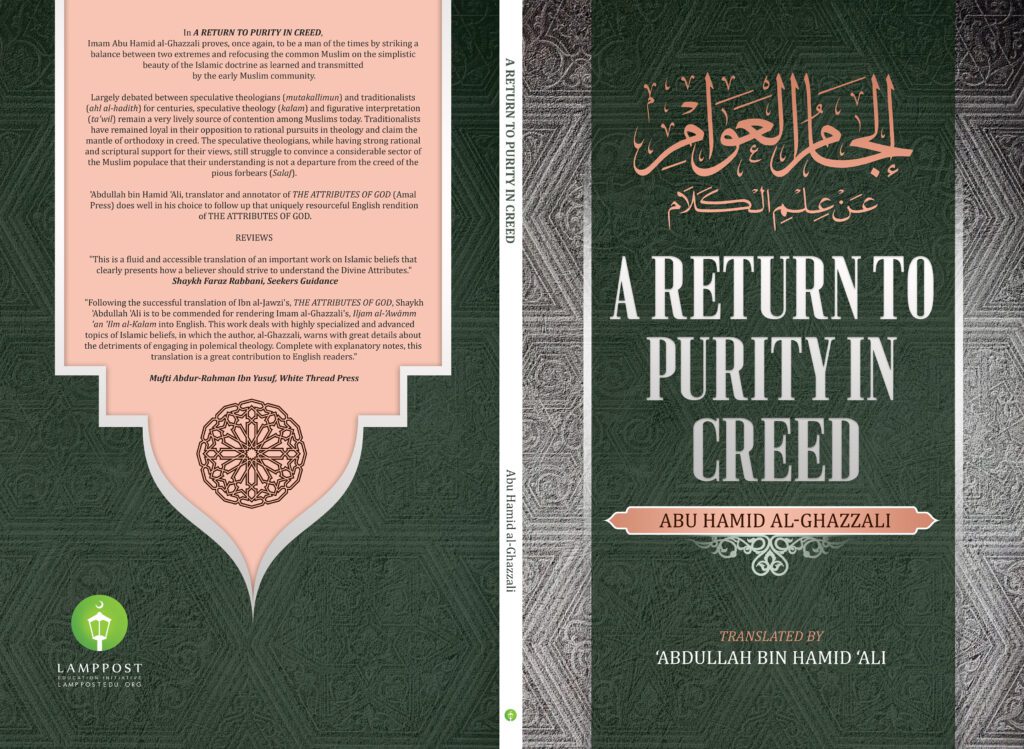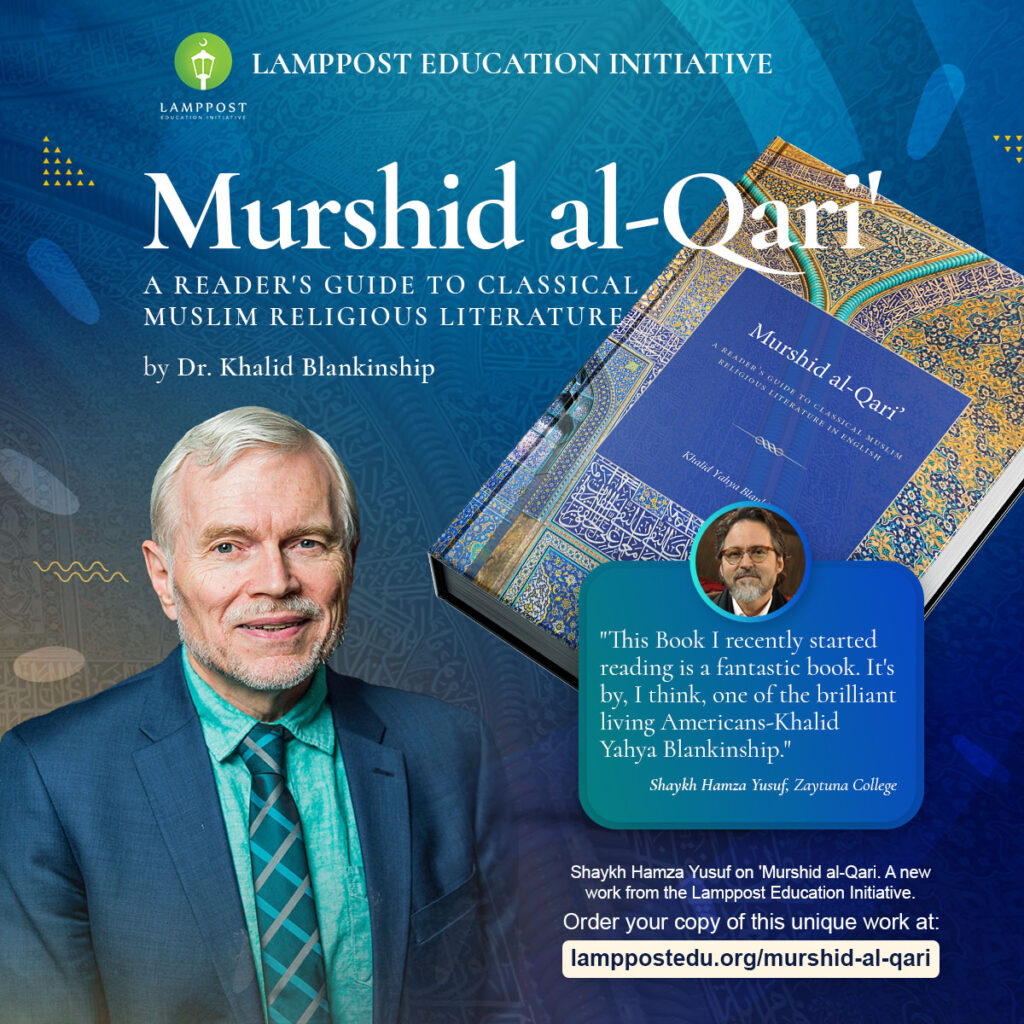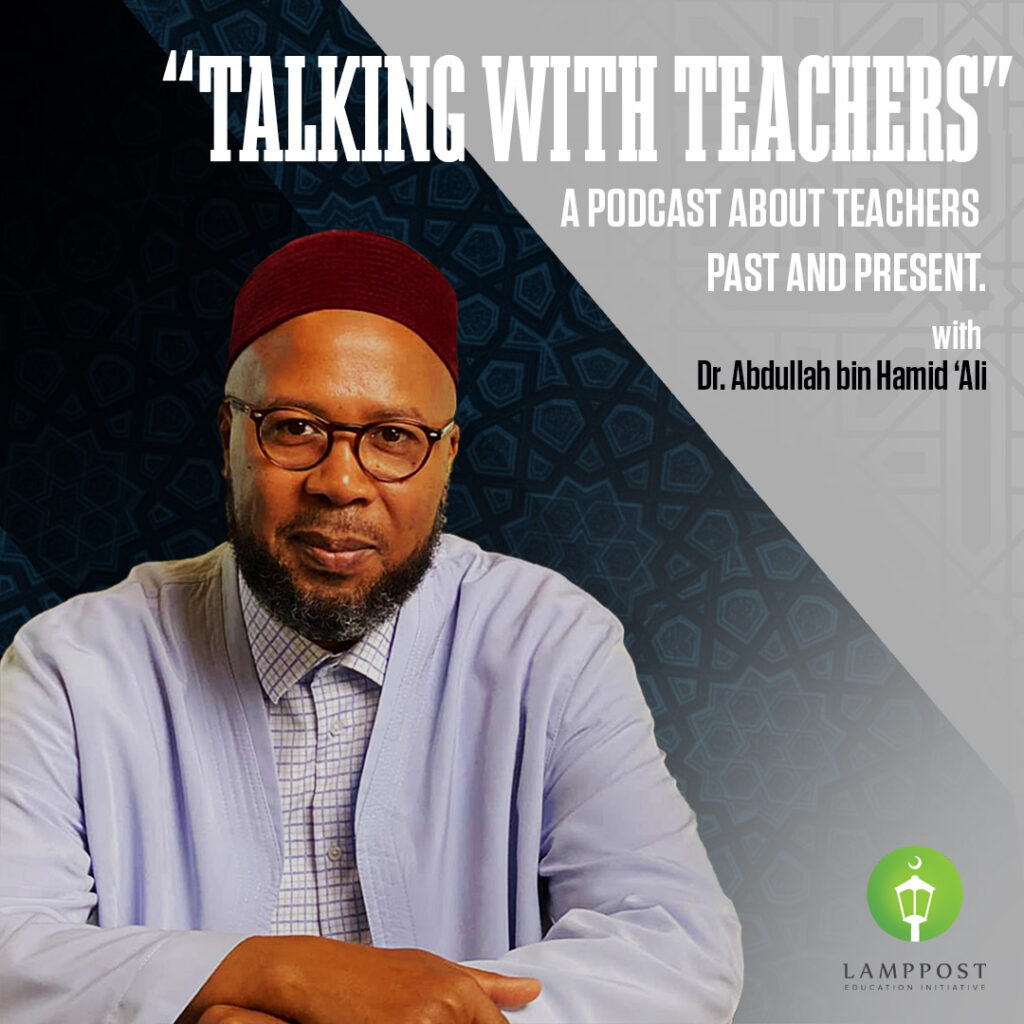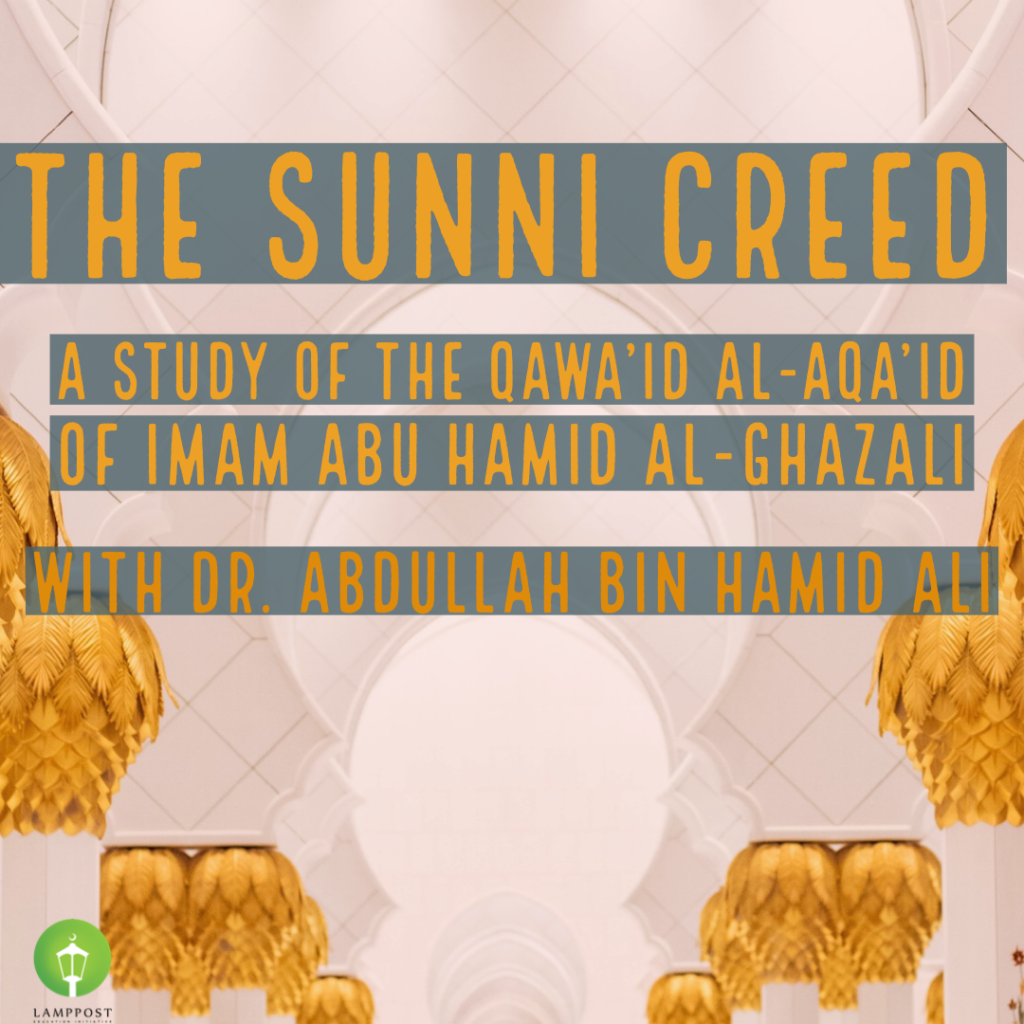ISLAM AND AFFIRMATIVE ACTION
To Nadim’Abd al-Ahad
“…wa ‘ljitnatu ashaddu mina ‘I-qatl’”
S.A. Jackson
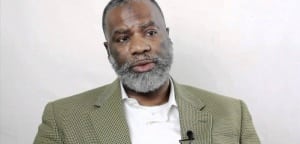
This essay must begin with a point of clarification that is critical for those unfamiliar with Islam.
While it is my belief that the view I present represents an Islamic position on Affirmative Action, I make no claim to represent the Islamic position. For far from constituting a monolith, as American public perception has it, the Muslim population in the United States is a heterogeneous amalgamation of somewhere around six million people.
And while it is true that as Muslims-immigrant and native-born-they share a common scriptural heritage and, to a significantly lesser extent, a common intellectual one, it is also true that their lives, and hence their priorities and thinking, are informed by historical, cultural, political and social realities that are in many instances unrelated to each other and in some instances diametrically opposed.
On such recognition, it should not stretch credulity to imagine a Muslim adopting a position on a topic like Affirmative Action that is, on the one hand, diametrically opposed to my own yet, on the other hand-at least prima facie-equally justified in its claim to be Islamic. In the present atmosphere, where Western ignorance and bias only adds to the tendency among Muslims to react in ways that promote rather than discourage stereotyping and essentialist readings of Islam, it would seem only fitting to insist that before we rush to cataloge the Islamic position on a matter like Affirmative Action, we first hear from a lot more voices from within the Muslim community.
Read full article
"What is really at issue, then, in the case of Affirmative Action, is the degree to which one is able to excavate from the sources and tradition of Islamic religious discourse themes, principles and precedents that enable one to speak convincingly and effectively to this issue."
Dr. Sherman Jackson
Dr. Sherman Jackson
Dr. Jackson holds the King Faisal Chair in Islamic Thought and Culture and is professor of religion and American studies and ethnicity at the 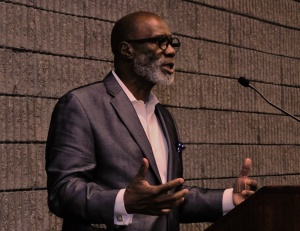 University of Southern California.Dr. Jackson received his Ph.D. from the University of Pennsylvania and has taught at the University of Texas at Austin, Indiana University, Wayne State University and the University of Michigan. From 1987 to 1989, he served as Executive Director of the Center of Arabic Study Abroad in Cairo, Egypt. He is the author of several books, including Islamic Law and the State: The Constitutional Jurisprudence of Shihâb al-Dîn al-Qarâfî (E.J. Brill, 1996), On the Boundaries of Theological Tolerance in Islam: Abû Hâmid al-Ghazâlî’s Faysal al-Tafriqa (Oxford, 2002), Islam and the Blackamerican: Looking Towards the Third Resurrection (Oxford, 2005) Islam and the Problem of Black Suffering (Oxford, 2009), and most recently Sufism for Non-Sufis? Ibn ‘Ata’ Allah al-Sakandari’s Taj al-‘Arus (Oxford, 2012).
University of Southern California.Dr. Jackson received his Ph.D. from the University of Pennsylvania and has taught at the University of Texas at Austin, Indiana University, Wayne State University and the University of Michigan. From 1987 to 1989, he served as Executive Director of the Center of Arabic Study Abroad in Cairo, Egypt. He is the author of several books, including Islamic Law and the State: The Constitutional Jurisprudence of Shihâb al-Dîn al-Qarâfî (E.J. Brill, 1996), On the Boundaries of Theological Tolerance in Islam: Abû Hâmid al-Ghazâlî’s Faysal al-Tafriqa (Oxford, 2002), Islam and the Blackamerican: Looking Towards the Third Resurrection (Oxford, 2005) Islam and the Problem of Black Suffering (Oxford, 2009), and most recently Sufism for Non-Sufis? Ibn ‘Ata’ Allah al-Sakandari’s Taj al-‘Arus (Oxford, 2012).
Dr. Jackson is a co-founder, Core Scholar, and member of the Board of Trustees of the American Learning Institute for Muslims (ALIM), an academic institution where scholars, professionals, activists, artists, writers, and community leaders come together to develop strategies for the future of Islam in the modern world.
Additionally, Dr. Jackson is a former member of the Fiqh Council of North America, former President of the Shari’ah Scholars’ Association of North America (SSANA) and a past trustee of the North American Islamic Trust (NAIT). He has contributed to several publications including the Washington Post-Newsweek blog, On Faith, and the Huffington Post. Dr. Jackson is listed by the Religion Newswriters Foundation’s ReligionLink as among the top ten experts on Islam in America and was named among the 500 most influential Muslims in the world by the Royal Islamic Strategic Studies Center in Amman, Jordan and the Prince Alwaleed Bin Talal Center for Muslim-Christian Understanding. Dr. Jackson is also a frequent contributor to the Lamppost Education Initiative.

